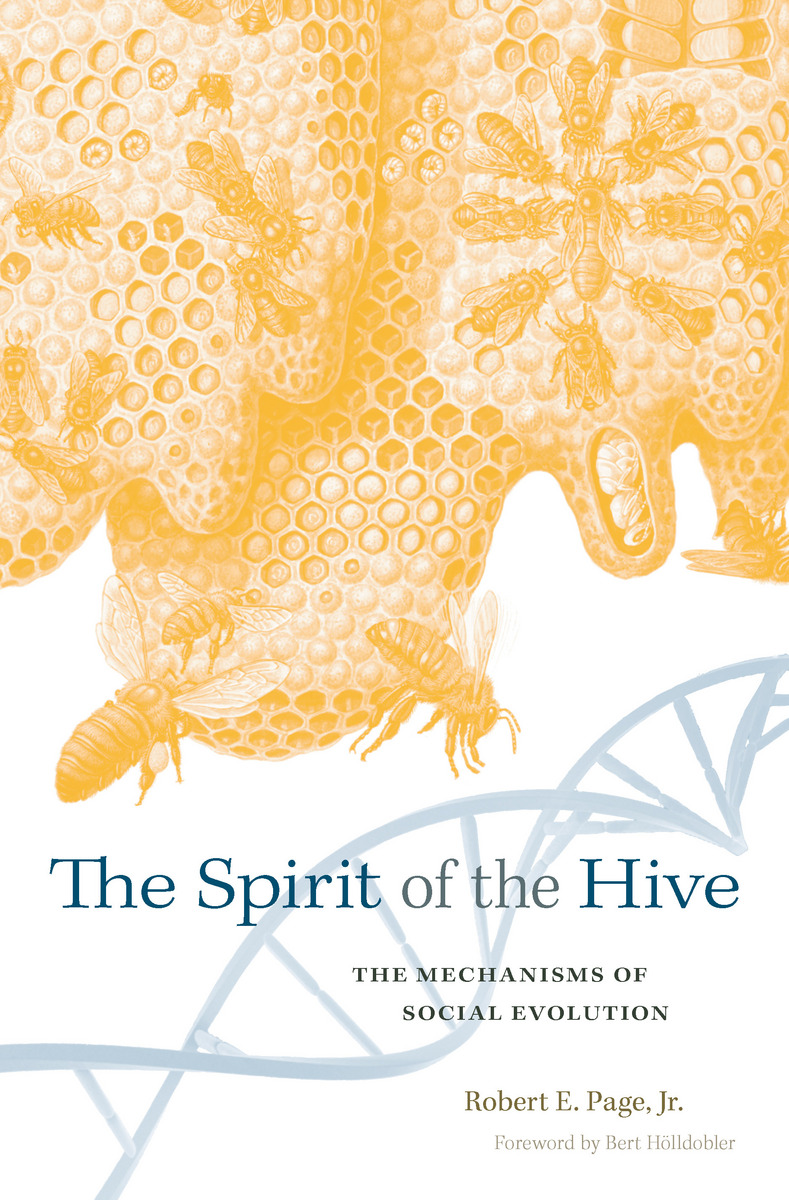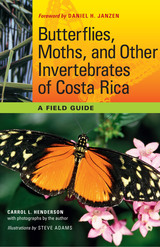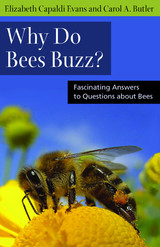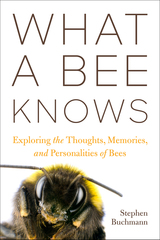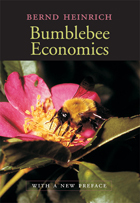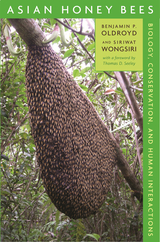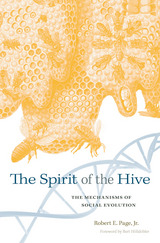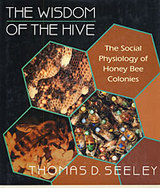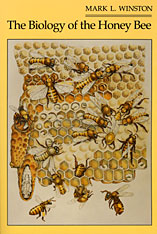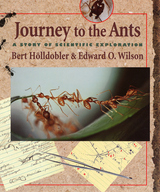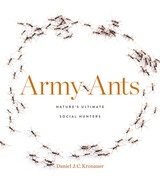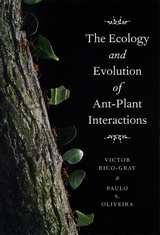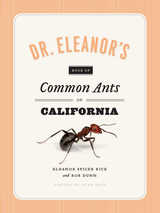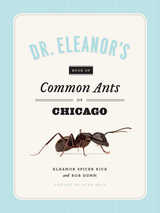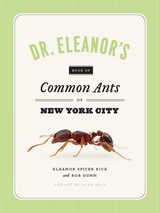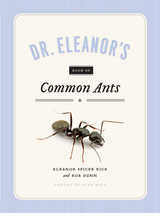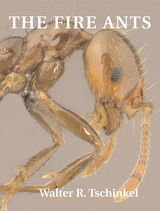eISBN: 978-0-674-07554-2 | Cloth: 978-0-674-07302-9
Library of Congress Classification QL568.A6P24 2013
Dewey Decimal Classification 595.799
Charles Darwin struggled to explain how forty thousand bees working in the dark, seemingly by instinct alone, could organize themselves to construct something as perfect as a honey comb. How do bees accomplish such incredible tasks? Synthesizing the findings of decades of experiments, The Spirit of the Hive presents a comprehensive picture of the genetic and physiological mechanisms underlying the division of labor in honey bee colonies and explains how bees’ complex social behavior has evolved over millions of years.
Robert Page, one of the foremost honey bee geneticists in the world, sheds light on how the coordinated activity of hives arises naturally when worker bees respond to stimuli in their environment. The actions they take in turn alter the environment and so change the stimuli for their nestmates. For example, a bee detecting ample stores of pollen in the hive is inhibited from foraging for more, whereas detecting the presence of hungry young larvae will stimulate pollen gathering. Division of labor, Page shows, is an inevitable product of group living, because individual bees vary genetically and physiologically in their sensitivities to stimuli and have different probabilities of encountering and responding to them.
A fascinating window into self-organizing regulatory networks of honey bees, The Spirit of the Hive applies genomics, evolution, and behavior to elucidate the details of social structure and advance our understanding of complex adaptive systems in nature.
See other books on: Behavior | Developmental Biology | Entomology | Genetics & Genomics | Spirit
See other titles from Harvard University Press
